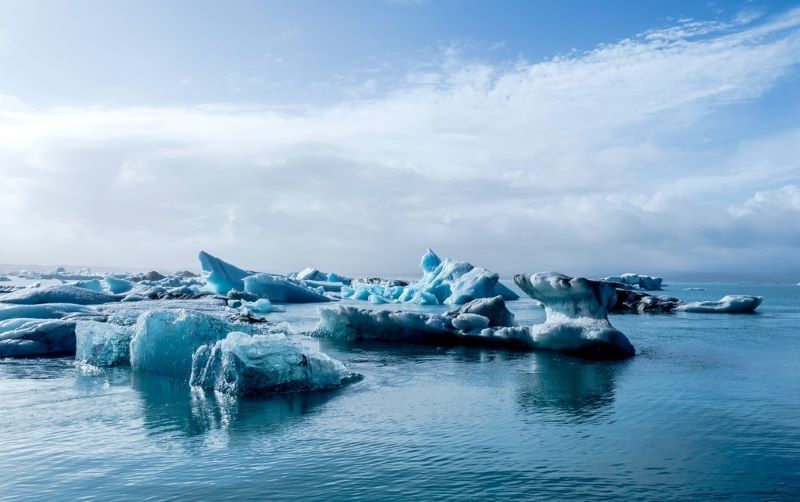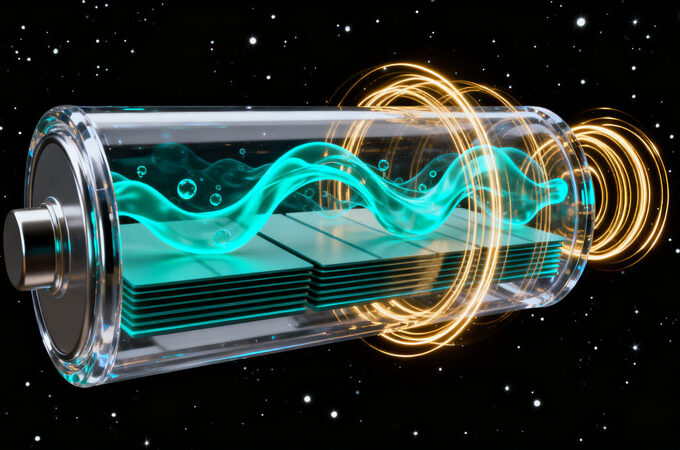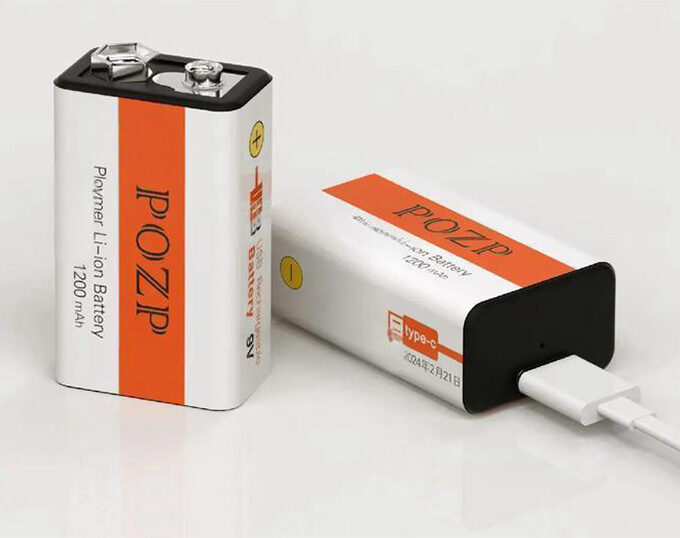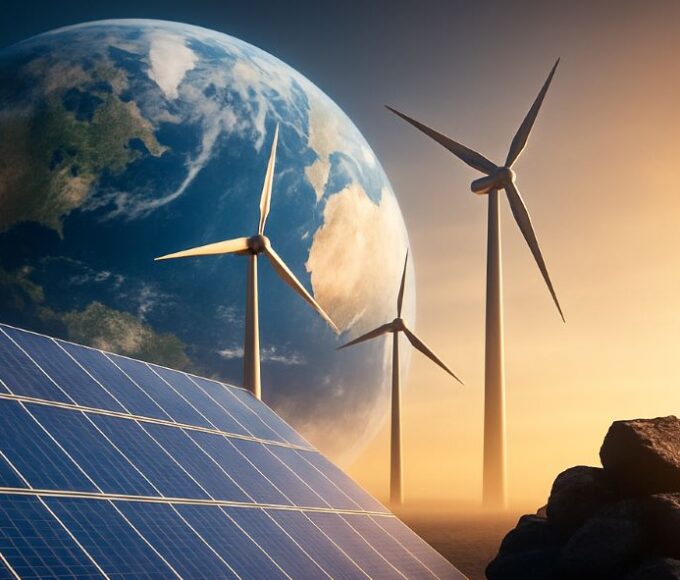A recent study by the Guangzhou Institute of Geochemistry, Chinese Academy of Sciences, and an international collaborative team has discovered that during the Paleocene-Eocene Thermal Maximum (PETM), a thermal event 56 million years ago, seawater sulfate concentration acted as a key “chemical switch” controlling the methane oxidation pathway, influencing global warming and ocean acidification. This mechanism holds important implications for understanding carbon cycle abrupt shifts during geological history and the potential greenhouse gas emission risks associated with the rapid warming and desalination of the modern Arctic. The research findings were recently published in the international academic journal Nature Geoscience.
Methane is the second most potent greenhouse gas after carbon dioxide, and a large amount of it is stored on the seafloor as hydrates, known as combustible ice. In the modern ocean, approximately 90% of methane is utilized by microorganisms in sediments under anaerobic conditions. This process acts like a “slow-burning power plant,” using sulfate as its “fuel,” efficiently converting methane energy while also producing alkaline substances, mitigating ocean acidification. However, during the PETM, Arctic seawater sulfate concentrations were less than one-third of today’s levels.
Project leader Zhang Yige explained, “Due to a severe sulfate shortage, power plants cannot function properly, much like a fuel shortage. Methane is forced into the seawater. At this point, another type of oxygen-loving bacteria begins to ‘rapidly burn’ methane, directly consuming oxygen and releasing carbon dioxide, much like high-temperature combustion releases large amounts of waste gas.”
The research team successfully reconstructed the methane oxidation process 56 million years ago and found that during the latter stages of the PETM, the activity of these “rapidly burning” methane-decomposing bacteria increased significantly and peaked. “Because the seawater became fresher and sulfate levels decreased, methane could only be decomposed through this ‘rapidly burning’ process, directly producing large amounts of carbon dioxide,” said co-author Shen Jiaheng. “This fundamentally changed the Arctic’s role in the global carbon cycle, turning it into a source of greenhouse gas emissions.”
The study further revealed that geological activities, such as crustal movement and rock formation, continental weathering, and volcanic eruptions, directly influence ocean sulfate levels, which in turn determine how methane decomposes. “It’s like the Earth system processes control the ocean’s ‘fuel supply system’, which in turn affects how methane energy is used and the entire climate system.” Zhang Yige emphasized that the study reminds people: When the Arctic seawater becomes fresher and the chemical environment changes, the story of 56 million years ago may be repeated – methane will shift from efficient utilization to rapid combustion, and we need to pay close attention to changes in this area.












